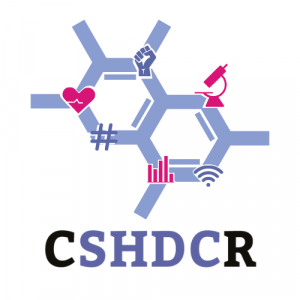 The Centre for Science, Health, and Data Communications Research invites you to our Autumn 2023 speaker series. Featuring researchers from around the world, these online talks are open to the public and encompass topics on crisis communication, climate change and sustainability; media, data and AI literacy; social justice communication and how the arts and storytelling can help tackle global challenges.
The Centre for Science, Health, and Data Communications Research invites you to our Autumn 2023 speaker series. Featuring researchers from around the world, these online talks are open to the public and encompass topics on crisis communication, climate change and sustainability; media, data and AI literacy; social justice communication and how the arts and storytelling can help tackle global challenges.
All events take place on zoom – Thursdays 16:00-17:00 UK time
Find out more and Register for events on EventBrite.
Uncovering a literacy for AIDate: 12 October 2023 Literacies have been well documented from media to the digital and more recently immersive. With an increase in the use of generative AI tools and the impact that this is having on an increasing number of sectors, this talk will argue for the need for an AI literacy. It will examine frameworks for understanding how to use artificial intelligence and the need to be constantly evolving our thinking when it comes to technology. |
The limitations of #BlackLivesMatter for anti-racist activism in the global southDate: 19 October 2023 |
Media Literacy: A Strategy for Risk Management in an Uncertain WorldDate: 26 October 2023 With new AI technologies, as well as the cacaphony of voices that have emerged through social media, it is clear that the call for a media ecosystem that only contains “the truth” or that contains little or no misinformation or disinformation is a utopian dream that only invites more discord and polarization, or worse, highly contestable labelling and censorship. Meaning lies in the minds and hearts of information users, and with this recognition, media literacy offers a pathway toward dialogue and risk management strategies that encompass both qualitative and quantitative analyses and reflection, based on a fundamental understanding of media as a global symbolic system. With this in mind, media literacy offers the questions — not “the answers” — for exploring and interrogating media in all its forms, individually and collectively. This empowerment enables wiser choices throughout life and societies. |
Global South’s over-reliance on science news from Global North: causes, consequences and solutionsDate: 2 November 2023 Developing countries rely heavily on the developed world for not only scientific expertise but also science news output. From Africa and the Middle East to South America and developing parts of Asia, a large proportion of science news consumed in the Global South has been found to be translated or, at best, synthesised from foreign sources, especially global media outlets based in the Global North. Such reliance is a double-edged sword: while it helps to enhance general awareness and understanding of global science developments in the Global South, this double-layered structure of dependency bears many negative long-and short-term implications for local and global development. Drawing on recent content analyses and in-depth interviews with science journalists in Southeast Asia and the Middle East, this paper will address this critically important, but rarely studied, phenomenon. I will discuss the causes and impacts of such over-reliance on foreign sources and offers some thoughts on potential solutions to the problem. In general, this requires a holistic approach and international cooperation efforts to address the many traditional shortfalls of science and science news cultures in the Global South. |
Transnational Assemblages: Social Justice and Communication During DisasterDate: 9 November 2023 |
The Power of Podcasting: Audio Storytelling Beyond EntertainmentDate: 16 November 2023 With the rise in popularity of audio listening, podcast studies is a growing field of research that is responding to podcasts that have gone mainstream, such as Serial. Audio storytelling podcasts can be a powerful tool to advocate for, connect with, and educate global audiences. Through creating her own podcast, Kayla explored the ways storytelling podcasts can tell multilayered narratives beyond the realm of entertainment and in non-fiction settings, like heritage and tourism. |
Algorithms and the Climate Emergency: An Ecomedia Literacy PerspectiveDate: 23 November 2023 Whether it’s blockchain technologies or disinformation, Big Tech algorithms have a significant environmental impact. The economic models of surveillance and carbon capitalism are both based on extractivism, so data harvesting and resources extraction practices mirror each other in Big Tech algorithms. To encourage a holistic environmental analysis of algorithms, ecomedia literacy’s four zone approach enables an investigation from the perspectives of ecoculture, political ecology, ecomateriality, and lifeworld. For media literacy educators and reformers, the challenge is to develop curricula and methods that address these different standpoints, which can include critical media literacy, design justice, civic media literacies, news and misinformation literacies, and ethical algorithm audits. |
The art of presenceDate: 30 November 2023 Throughout history the Arts have been used to address societal issues, to see and show the world in diverse ways, and to imagine and create new futures. Nowadays, every aspect of life has become so entangled with digital media that it is impossible to speak about the world without considering the effects they have on our lives. How do we relate to and interact with people when our attention is absorbed by digital gadgets? What does presence mean in a world in which a big part of human relationships and communication happens in virtual spaces? In this lecture we will explore how the Arts can be used to promote media literacy and how seeing, interacting with and making art can revive our sense of presence and promote care and imagination. |
Youth digital activism and online media: from digital exclusion to the complexities of civic participationDate: 7 December 2023 Since the second half of the 2000s, there has been an increasing interest in the relationship between internet use and civic participation. While initially this interest was geared towards the adult population, researchers have shifted their attention to young people and their activism in the digital sphere. In this talk, I will present the research findings of our ongoing project focusing on young people in the CEE region (namely, the Czech Republic and Hungary) and their (online) involvement in the Fridays for Future movement. We first mapped the online public discourse on youth civic participation in these two countries and then focused on young people’s views on activism and the digital skills needed to participate. Our results show that online commenters use specific strategies to exclude young people from the public sphere. When it comes to young people and their views on digital activism, we found that digital media plays a rather complex and contradictory role in their civic participation, with its affordances providing both opportunities and challenges in terms of mental well-being, non-formal education and community-building. |
Shrinkage and Activist Affordances: How disabled people improvise more habitable worldsDate: 14 December 2023 For people living with disability, everyday tasks like lifting a glass or taking off clothes can be daunting. As such, their undertakings may require ingenuity, effort and artfulness. In this talk, I draw on visual ethnographies with disabled people living in Turkey and Quebec, and trace the immense labour and creativity that it takes for them just to navigate the everyday. Bringing together theories of affordance, performance, and disability, I propose “activist affordances” as a way to name and recognize these extremely tiny and yet profoundly artistic choreographies that disabled people have to continually rehearse to make the world more habitable for themselves and others. Activist affordances, in the way I define them, are micro, often ephemeral acts of world-building, with which disabled people literally make up, and at the same time make up for, whatever affordances fail to materialize in their environments. Activist affordances are not like any other affordance in that their creation emerges from constraints, losses and precarity that I broadly conceptualize as “shrinkage”. It is within a shrinking world of possibilities, that it becomes necessary to create affordances in their physical absence, which is why I call them “activist”. Even as an environment shrinks to a set of constraints rather than opportunities, the improvisatory space of performance allows disabled people to imagine that same environment otherwise through activist affordances, presenting the potential for a more livable and accessible world. |
**The Centre for Science, Health, and Data Communications Research focuses on the urgent need for better science, health and data communication through ambitious cross-disciplinary collaborations. Bringing together experts from various disciplines – media and communication, computer and data sciences, health and medical sciences, environment sciences, business studies, psychology and sociology – we research and pioneer interdisciplinary solutions for contemporary communication challenges. From reporting statistics, to tackling disinformation, from health and wellness interventions to more efficient communication around environmental and humanitarian disasters, our members respond to real world issues—often in real time. For more about our centre or to get in touch, please visit https://www.bournemouth.ac.uk/research/centres-institutes/centre-science-health-data-communication-research
Checkout past events and subscribe to our YouTube channel (@SHDCresearch)
Follow us on Instagram and X (Twitter) @SHDCresearch

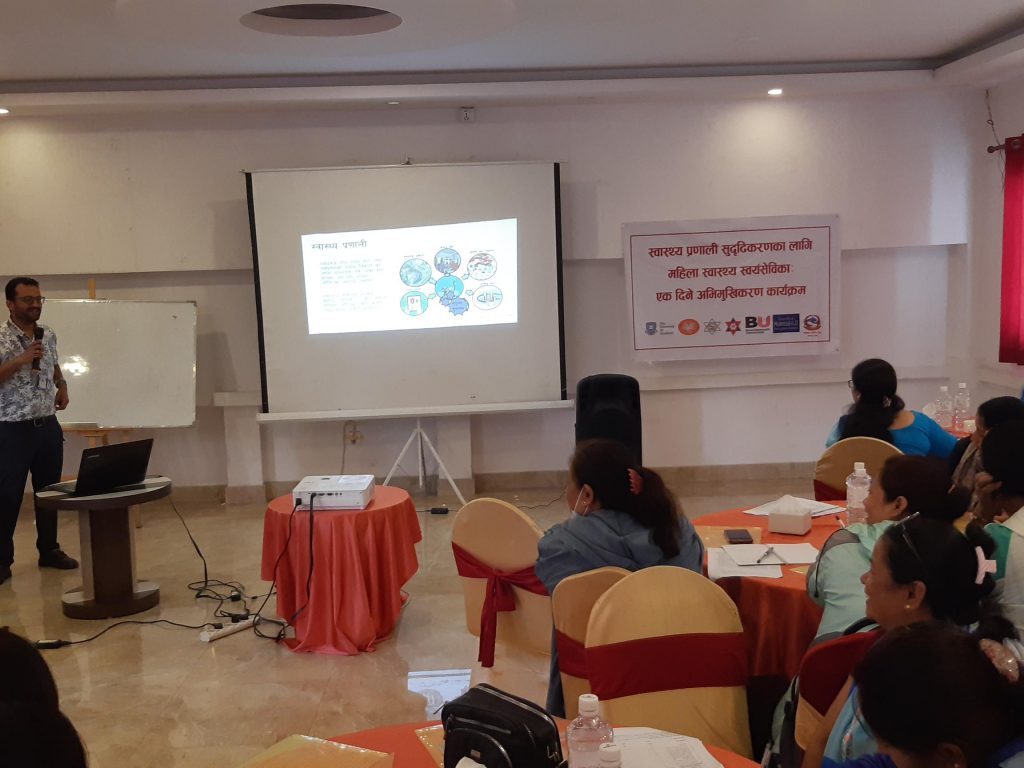
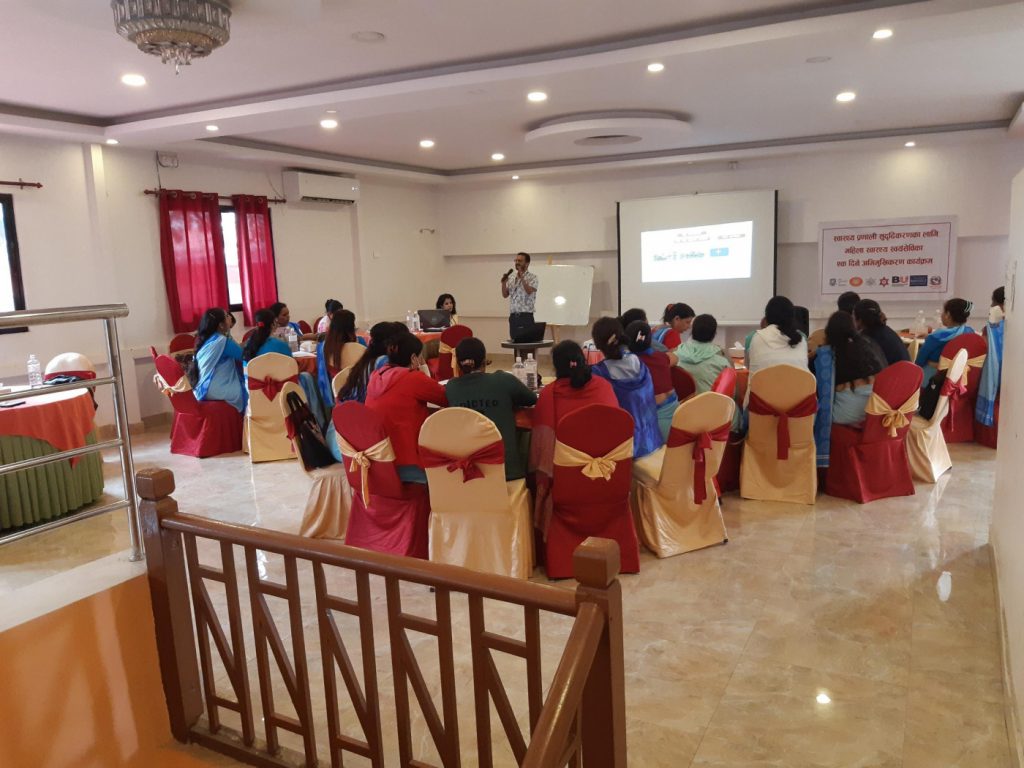
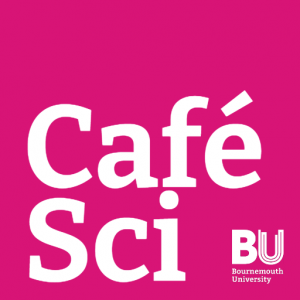
 Many of us know that white blood cells help fight bacteria, but we may not be aware that they also act as tiny ‘couriers’, moving all around the body to deliver its building blocks. Without these couriers, the body cannot be constructed properly.
Many of us know that white blood cells help fight bacteria, but we may not be aware that they also act as tiny ‘couriers’, moving all around the body to deliver its building blocks. Without these couriers, the body cannot be constructed properly.



 This session is aimed at any researcher who is, who plans to be, a Principal Investigator for an externally funded research or knowledge exchange project. Topics covered include:
This session is aimed at any researcher who is, who plans to be, a Principal Investigator for an externally funded research or knowledge exchange project. Topics covered include: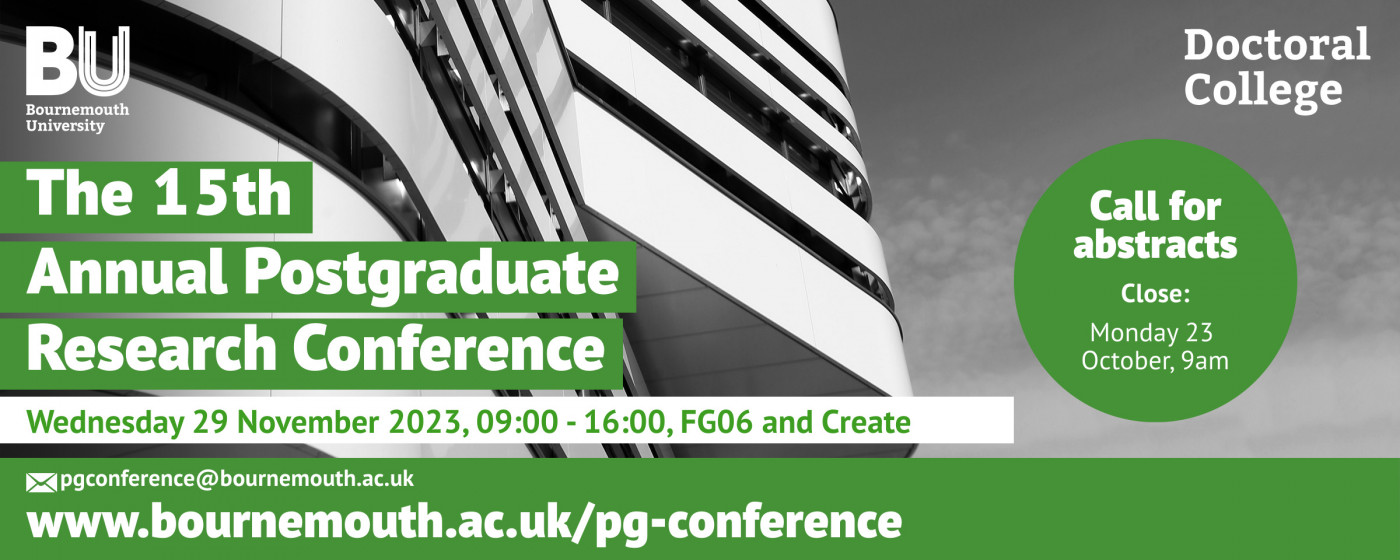

 Barriers such as dams and weirs alter a river’s natural flow, severely affecting aquatic ecosystems and leading to a decrease in water quality. Researchers in Europe have been working to address this issue – with the goal of reconnecting 25,000km of rivers by 2030.
Barriers such as dams and weirs alter a river’s natural flow, severely affecting aquatic ecosystems and leading to a decrease in water quality. Researchers in Europe have been working to address this issue – with the goal of reconnecting 25,000km of rivers by 2030.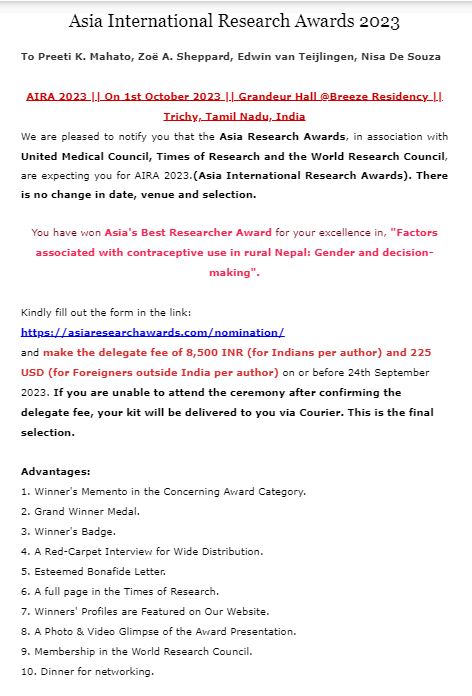

 The Wellcome trust ECR award is for researchers from any discipline with up to 3 years post-doctoral experience doing research that has the potential to improve human life, health and wellbeing. This session is aimed at research leads, Early Career Researchers and mentors.
The Wellcome trust ECR award is for researchers from any discipline with up to 3 years post-doctoral experience doing research that has the potential to improve human life, health and wellbeing. This session is aimed at research leads, Early Career Researchers and mentors.


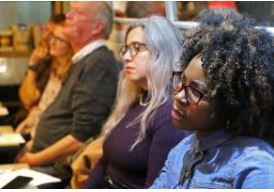 Which events do I need to report?
Which events do I need to report?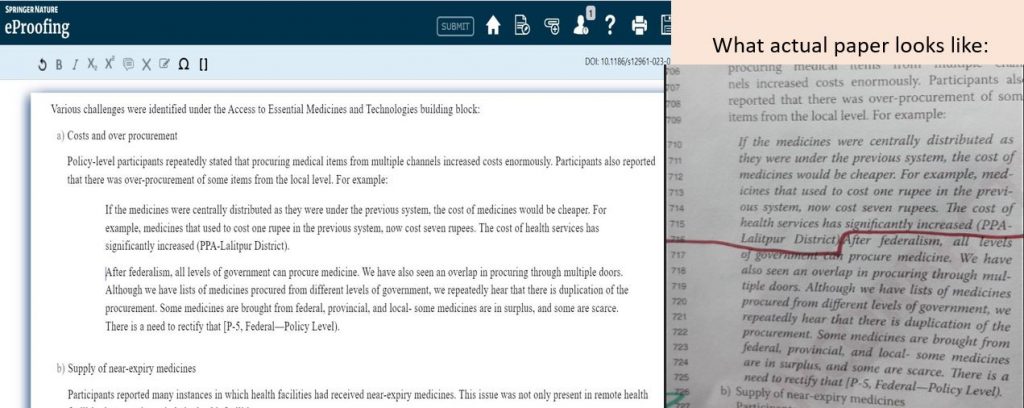
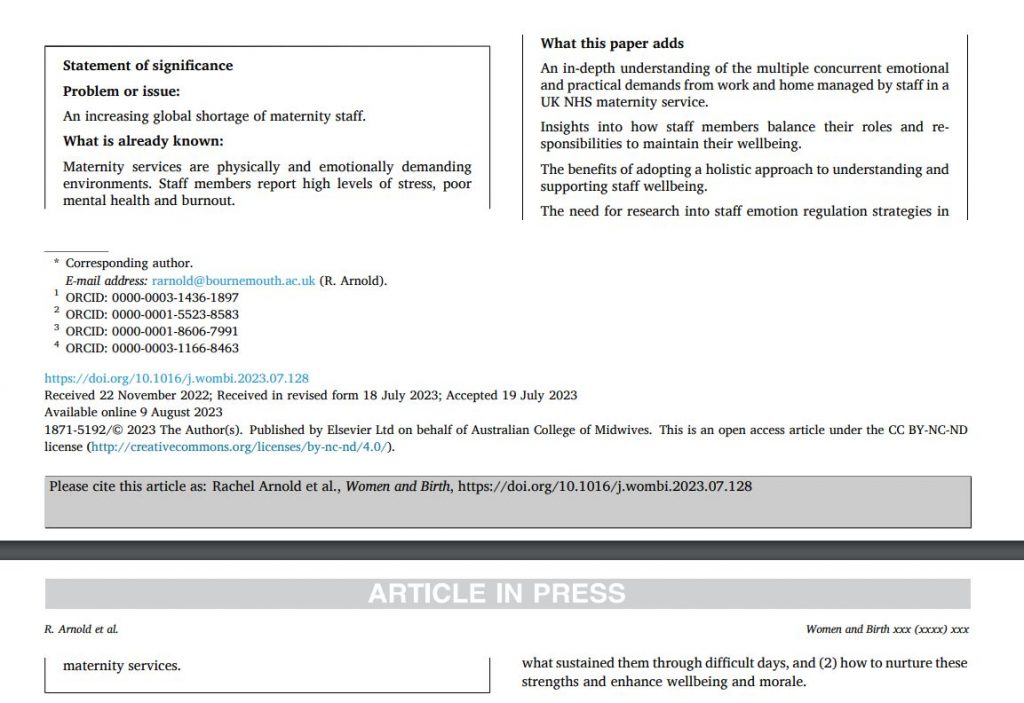
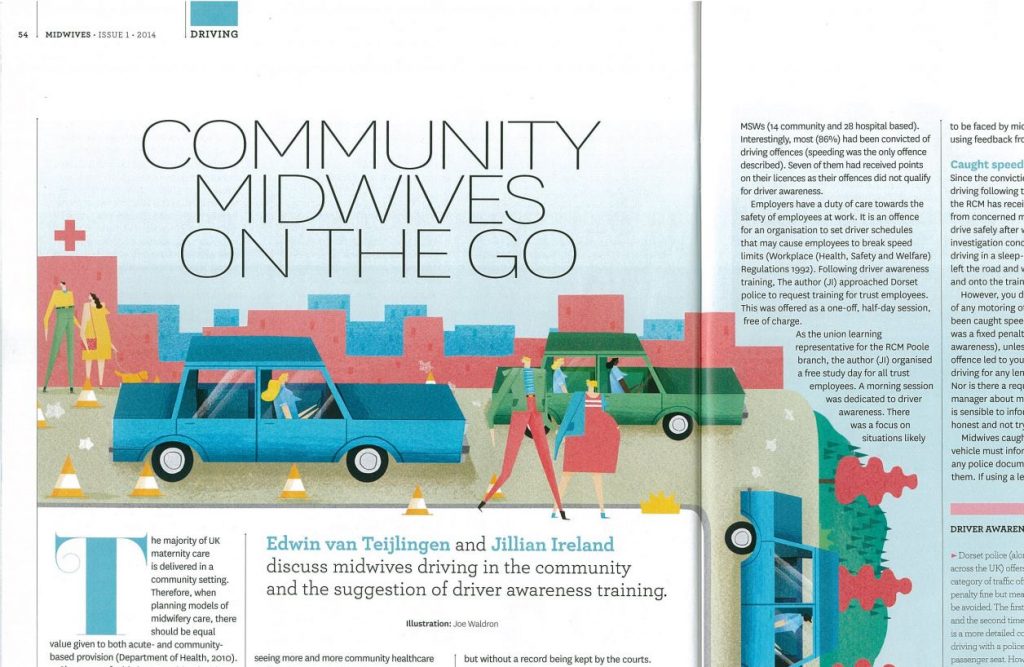











 REF Code of Practice consultation is open!
REF Code of Practice consultation is open! BU Leads AI-Driven Work Package in EU Horizon SUSHEAS Project
BU Leads AI-Driven Work Package in EU Horizon SUSHEAS Project Evidence Synthesis Centre open at Kathmandu University
Evidence Synthesis Centre open at Kathmandu University Expand Your Impact: Collaboration and Networking Workshops for Researchers
Expand Your Impact: Collaboration and Networking Workshops for Researchers ECR Funding Open Call: Research Culture & Community Grant – Apply now
ECR Funding Open Call: Research Culture & Community Grant – Apply now ECR Funding Open Call: Research Culture & Community Grant – Application Deadline Friday 12 December
ECR Funding Open Call: Research Culture & Community Grant – Application Deadline Friday 12 December MSCA Postdoctoral Fellowships 2025 Call
MSCA Postdoctoral Fellowships 2025 Call ERC Advanced Grant 2025 Webinar
ERC Advanced Grant 2025 Webinar Update on UKRO services
Update on UKRO services European research project exploring use of ‘virtual twins’ to better manage metabolic associated fatty liver disease
European research project exploring use of ‘virtual twins’ to better manage metabolic associated fatty liver disease